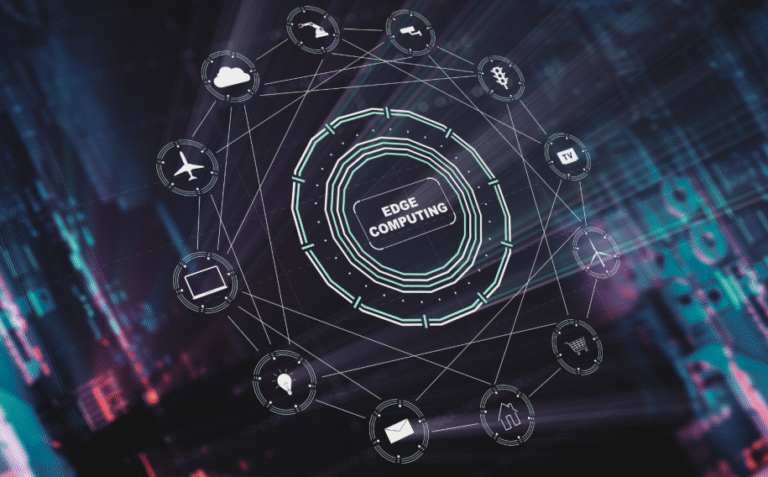Why Internet Connectivity Is the New Utility

Internet connectivity has transformed into an essential utility, comparable to water and electricity. Its influence permeates every aspect of modern life, from education to economic opportunities. As nearly 4.9 billion individuals depend on the internet for various needs, understanding its role in fostering growth and equity becomes crucial. The implications of this shift are profound. What challenges arise as society navigates this new landscape of connectivity and inclusion?
The Role of Internet Connectivity in Daily Life
In the modern era, approximately 4.9 billion people rely on internet connectivity as an essential component of their daily lives.
This necessity facilitates remote work, allowing individuals to maintain careers from anywhere, while also enabling online education, which democratizes access to knowledge.
As such, the internet has become a cornerstone of personal and professional freedom, shaping how society functions in an increasingly digital world.
Economic Growth Driven by Digital Access
While the internet serves as a vital resource for individual empowerment, its influence extends far beyond personal use, significantly contributing to economic growth on a global scale.
The digital economy thrives on widespread connectivity, fostering innovation and entrepreneurship.
However, access disparity remains a critical concern, as those without reliable internet are excluded from opportunities, hindering overall economic advancement and perpetuating inequalities in growth potential.
See also: What Are Wearable Tech Devices and How Are They Transforming Our Lives?
Bridging the Digital Divide for Social Equity
Access to the internet is increasingly recognized as a fundamental right, akin to utilities such as water and electricity.
Bridging the digital divide is essential for achieving social equity, as it ensures that all individuals possess digital literacy and equitable access to information and resources.
The Future of Internet as a Utility
Connectivity has emerged as a cornerstone of modern society, with its potential to reshape economies, foster innovation, and enhance quality of life.
The future of internet as a utility hinges on robust network infrastructure and a commitment to digital inclusion. Ensuring equitable access will empower individuals, promote economic growth, and underpin a democratic society, where information flows freely and opportunities are available to all.
Conclusion
In a world where one might argue that Wi-Fi is as vital as oxygen, the debate on internet connectivity as a utility feels almost quaint. After all, who needs clean water when you can binge-watch cat videos? Yet, as society tumbles further into this digital abyss, the irony remains: while we may toast to our connectivity, countless individuals are left in the dark. Ensuring universal access to the internet is not merely a luxury; it is an urgent necessity for a truly equitable future.





